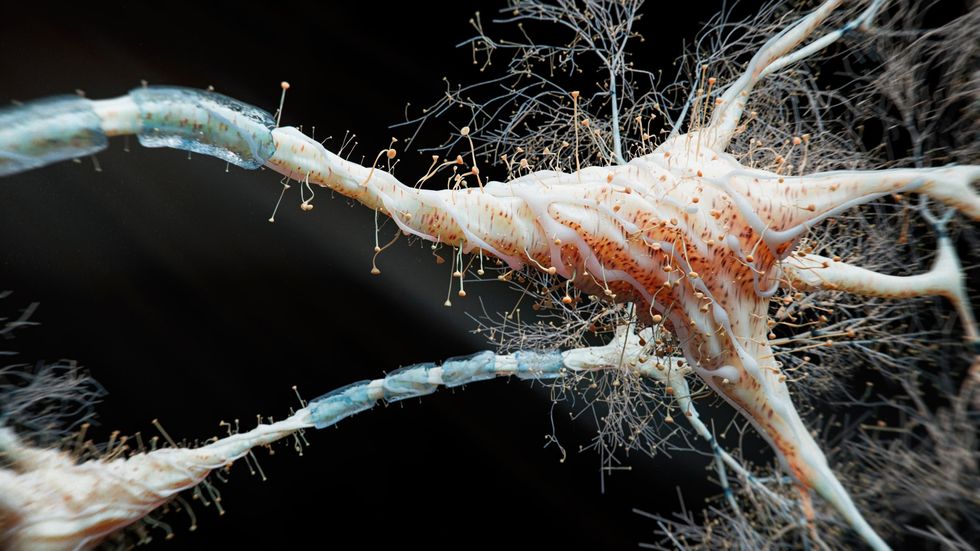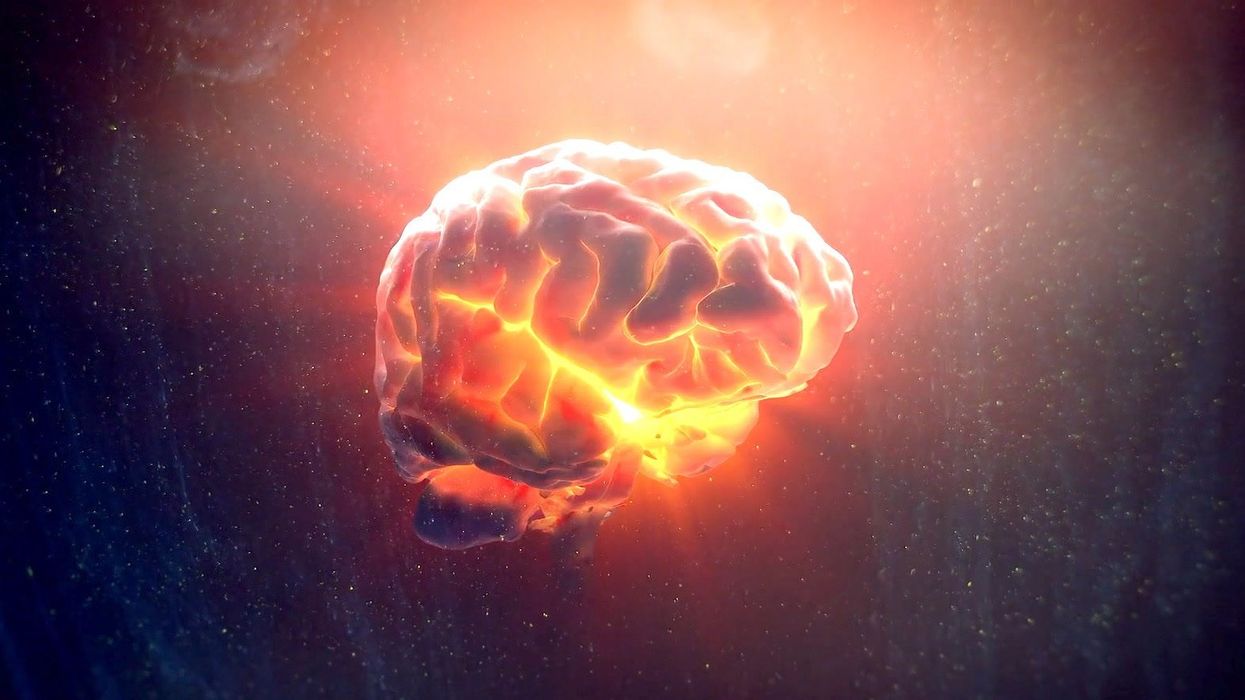Harry Fletcher
Feb 29, 2024
Researchers Discover New Way to Breach the Blood-Brain Barrier Using Nanoparticles
ZMG - Amaze Lab / VideoElephant
The human brain could be far more powerful than we ever imagined, scientists have discovered.
Researchers have identified cell messaging which have never been uncovered before, which suggests our brains are capable of more than previously realised.
It’s all to do with the outer cortical cells, with the findings suggesting that single human neurons are remarkably powerful.
The research, which was first published in Science in 2020 and undertaken by experts at Germany and Greece institutes.
Their research involved analysing the brain's outer cortical cells using fluorescent microscopy and they found that individual cells ‘fired’ using sodium ions (which was to be expected) as well as calcium.
During the research, scientists observed voltage passing through brain cells with a combination of positively charged ions which had never been seen before.

The research also focused on the dendtrites, which are found at the end of branches in the brain and are key to neurons sending chemical messages throughout the brain.
"The dendrites are central to understanding the brain because they are at the core of what determines the computational power of single neurons," said study co-author and Humboldt University neuroscientist Matthew Larkum.
By modelling the unique electrical qualities explored in the study, the researchers discovered that single neurons were able to solve the kinds of computational problems which were previously thought to require more complex networks in the brain.
The study went further than experts had gone before in this area, with most research previously conducted on rodents.
"There was a 'eureka' moment when we saw the dendritic action potentials for the first time," Larkum said. "The experiments were very challenging, so to push the questions past just repeating what has been done in rodents already was very satisfying."
Sign up for our free indy100 weekly newsletter
How to join the indy100's free WhatsApp channel
Have your say in our news democracy. Click the upvote icon at the top of the page to help raise this article through the indy100 rankings
Top 100
The Conversation (0)














